
That doesn’t mean that the ISP is now in the clear. Cox is also caught up in another lawsuit filed by a group of major music labels, all members of the RIAA.
The labels argue that Cox categorically failed to terminate repeat copyright infringers and that it substantially profited from this ongoing ‘piracy’ activity. All at the expense of the record labels and other rightsholders.
This week Cox submitted a reply to the complaint, denying all these allegations. It requests a declaratory judgment from the court stating that it’s not liable for any copyright infringements carried out by its customers.
“Cox does not control the Internet,” the company writes, adding that it has “no ability to remove or take down infringing content from its customers’ computers” and “cannot restrict, or even detect, the specific content that its customers access or share.”
“Cox does not spy on its customers or monitor their Internet traffic. Even if it could do so — and it cannot — it wouldn’t. Engaging in surveillance in such a fashion would violate Cox’s policies, ethics, and corporate culture.”
The record labels are unlikely to refute any of the above. The real dispute, however, is about whether Cox should have terminated customers for whom it received many notices. The labels previously argued that 20,000 Cox subscribers can be categorized as blatant repeat infringers, some of whom have been ‘warned’ more than 100 times.
Writing to the court, the ISP counters that these notices could not be trusted or easily verified.
“The systems Plaintiffs used to detect infringement and send copyright infringement notices were unreliable, and were known to be unreliable,” Cox writes, adding that it “lacked the ability to verify Plaintiffs’ allegations of infringement.”
“Indeed, studies and published reports show that such notices can be wildly inaccurate,” Cox writes, pointing to an academic report as well as a TorrentFreak article which shows how HBO targeted its own website.
DMCA notice inaccuracies
This critique on the accuracy of DMCA notices is not new. It has repeatedly been highlighted in similar cases.
Perhaps more novel is Cox’s mention of the “six strikes” Copyright Alert System. This was a partnership between US ISPs and copyright holders, including many of the labels, to forward infringing notices to pirating customers.
This groundbreaking deal set a limit on the number of copyright notices ISPs had to process. Perhaps more crucially, it didn’t require the companies to terminate repeat infringers, even after 100+ warnings.
This is an interesting ‘double standard’ angle, as the labels now accuse Cox of failing to terminate repeat infringers, something that was never a requirement under the Copyright Alert System.
This deal (which Cox wasn’t part of) was still active during the time period that’s covered by the lawsuit, and apparently, the RIAA was pretty happy with it at the time.
“In May 2014, RIAA Chairman and CEO Cary Sherman described the Center for Copyright Information as ‘a model for success,’ Cox writes, adding that he lauded program and all its accomplishments.
Fast forward a few years and now ISPs are being sued for adhering to the same standard as set out in the groundbreaking Copyright Alert System.
Based on these and other arguments, Cox requests a declaratory judgment stating that it’s not liable for contributory infringement, and another declaratory judgment clarifying that it’s not vicariously liable for pirating subscribers.
—
A copy of Cox recent filing is available here (pdf).
Source: TF, for the latest info on copyright, file-sharing, torrent sites and more. We also have VPN reviews, discounts, offers and coupons.

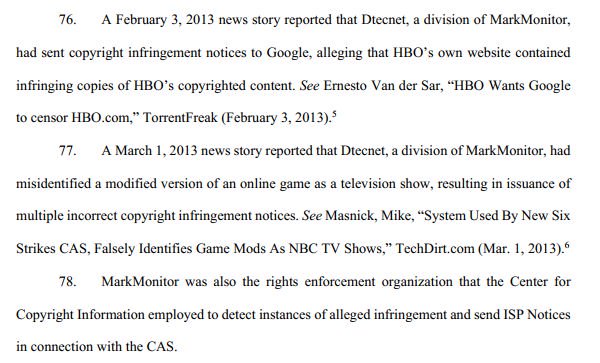
 Many Internet traffic reports have been published over the years, documenting how traffic patterns change over time.
Many Internet traffic reports have been published over the years, documenting how traffic patterns change over time.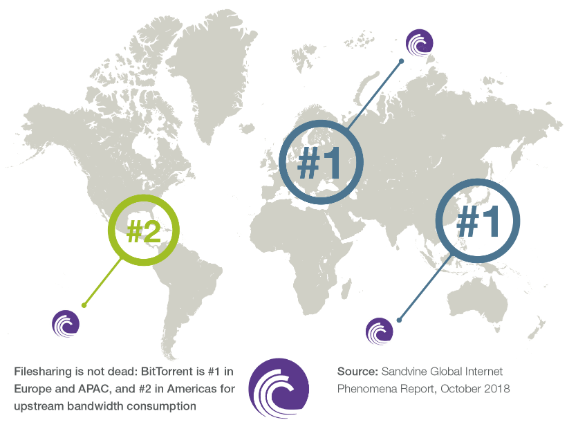

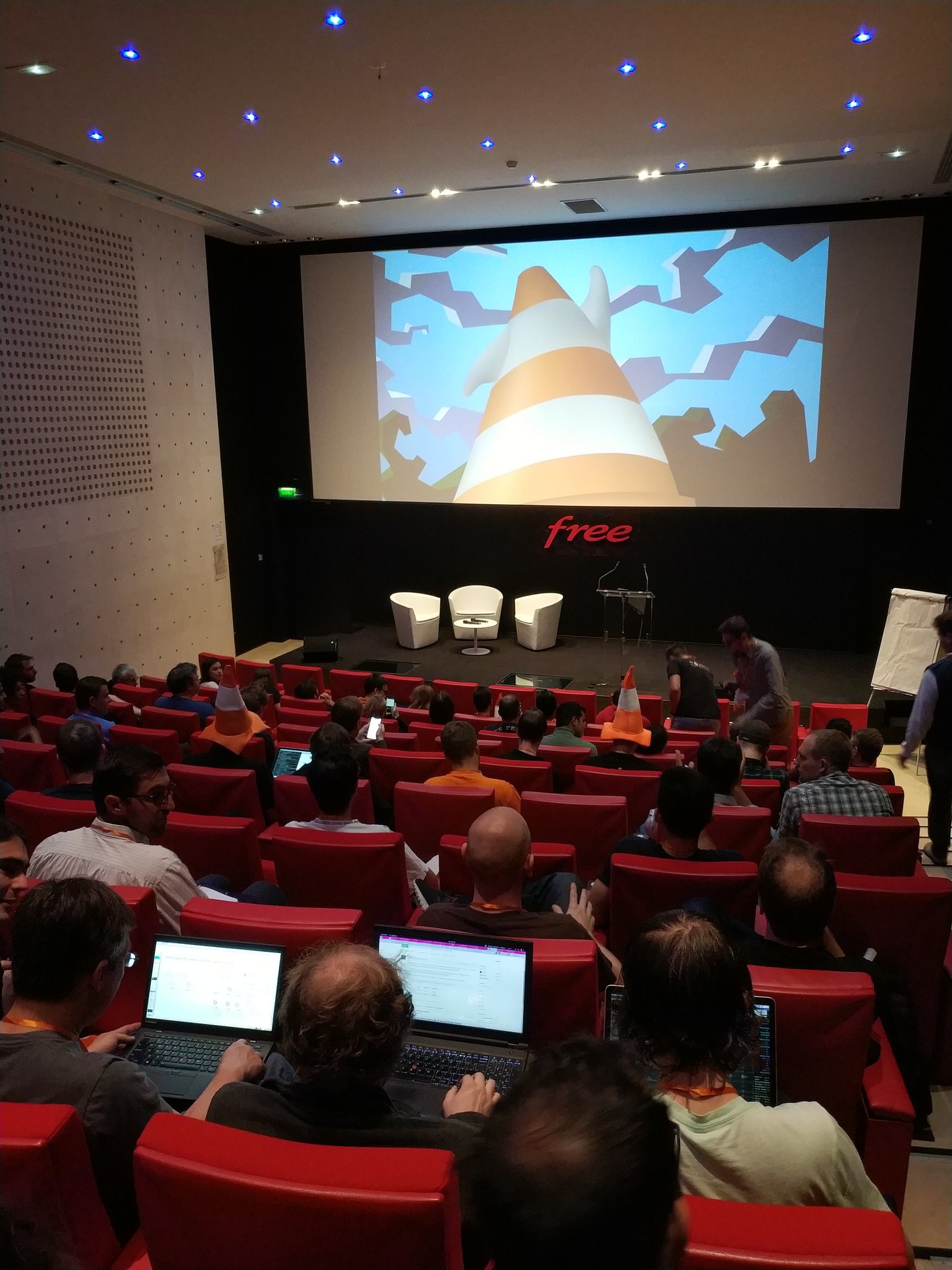
 `
`
 Earlier this year Hollywood’s Motion Picture Distributors’ Association stated that site-blocking was
Earlier this year Hollywood’s Motion Picture Distributors’ Association stated that site-blocking was 

 Piracy is very much a worldwide phenomenon, but there are some noteworthy differences between various regions.
Piracy is very much a worldwide phenomenon, but there are some noteworthy differences between various regions. 
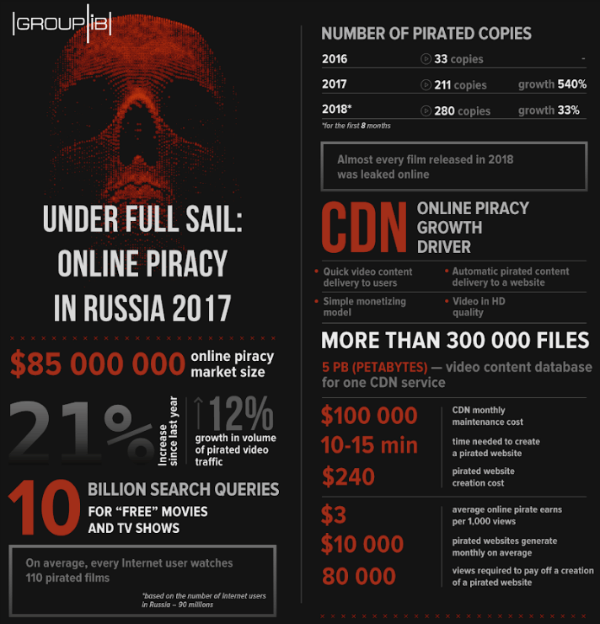
 Flashing Official Android 9 P On The OnePlus 6 OxygenOS 9.0 OTA Instructions:
Flashing Official Android 9 P On The OnePlus 6 OxygenOS 9.0 OTA Instructions: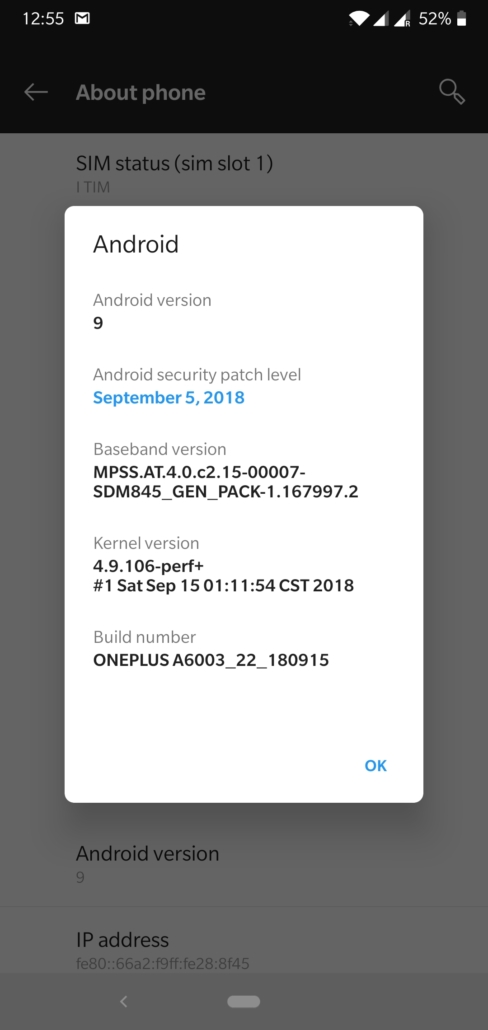
 Last year several major record labels, represented by the RIAA,
Last year several major record labels, represented by the RIAA,  Last year, Hong Kong-based broadcaster Television Broadcasts Limited (TVB) applied for a blocking injunction in Australia against several unauthorized IPTV services.
Last year, Hong Kong-based broadcaster Television Broadcasts Limited (TVB) applied for a blocking injunction in Australia against several unauthorized IPTV services.